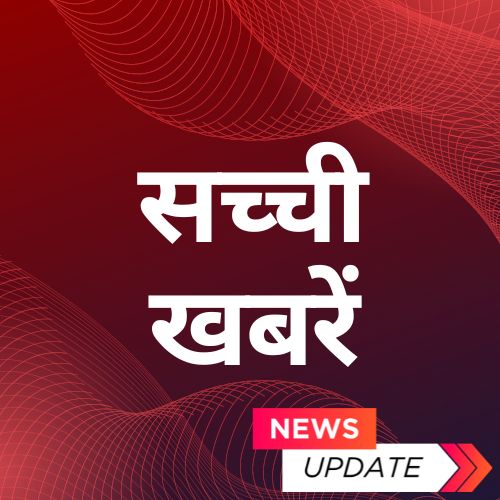Elon Musk has escalated his long-running feud with OpenAI and Apple, filing a lawsuit that could reshape the competitive landscape of artificial intelligence.
His companies, X and xAI, claim the partnership between Apple and OpenAI unfairly stifles competition, giving ChatGPT an entrenched advantage in the marketplace.
The Lawsuit Explained
According to a report from BBC News, the lawsuit was filed in federal court in Texas and accuses Apple of granting OpenAI an exclusive deal to integrate its chatbot technology into iPhones and other Apple devices. Musk’s firms argue that the partnership violates antitrust law by creating barriers for competing AI platforms, including xAI’s Grok chatbot.
The complaint highlights that the Apple-OpenAI arrangement has made it more difficult for rivals to gain visibility and users. It specifically claims that ChatGPT gained preferential placement and downloads in Apple’s App Store, strengthening OpenAI’s dominance in the generative AI market.
The ChatGPT-5 and OpenAI logos shown together on phone screens, symbolising the AI’s next evolution.
A History of Musk vs. OpenAI
Musk co-founded OpenAI with Sam Altman in 2015, positioning the company as a non-profit dedicated to developing safe AI for the public good. Over time, Musk became one of its harshest critics, accusing Altman of commercializing the project at the expense of its founding mission. Their public feud has only intensified since Musk launched his own AI ventures, including xAI, which recently unveiled Grok as a competitor to ChatGPT.
This rivalry has now spilled over into the courtroom, with Musk’s team arguing that Apple’s exclusivity deal with OpenAI has foreclosed fair competition and harmed innovation across the AI sector.
Apple and OpenAI Respond
Apple has yet to issue a public statement about the lawsuit, but the company has previously defended its App Store practices as “fair and free of bias.” OpenAI, meanwhile, dismissed the claims, describing them as “consistent with Mr. Musk’s ongoing pattern of harassment,” as reported by BBC News.
Despite Musk’s allegations, several ChatGPT rivals, including Perplexity AI and DeepSeek, have occasionally topped App Store rankings since 2024, suggesting that competition in the generative AI space remains dynamic. Reports from Reuters note that these challengers have been able to attract attention even against ChatGPT’s dominance.
Why This Case Matters
The lawsuit touches on broader concerns about tech monopolies and app store practices. The U.S. Justice Department is already pursuing a high-profile antitrust case against Google over alleged search monopolies, as reported by The Guardian. If Musk’s lawsuit against Apple and OpenAI gains traction, it could influence how regulators approach exclusive partnerships in the tech sector.
Apple has also reportedly held discussions with Google about integrating its Gemini chatbot into Siri, according to the Financial Times. That potential tie-up further illustrates how major players are consolidating AI partnerships, leaving smaller competitors to fight for market share.
Elon Musk conducts a one-on-one interview with Sam Altman, exploring the evolving landscape of artificial intelligence and their professional rivalry.
Industry Impact and Expert Commentary
Analysts suggest that if Musk succeeds, the ruling could open the door to more equitable access for smaller AI developers and potentially foster greater innovation. However, critics argue that Musk’s legal strategy is just as much about boosting his own ventures as it is about protecting competition.
OpenAI currently controls about 80% of the generative AI chatbot market in the U.S., while Apple commands around 65% of the smartphone market. Together, they represent a formidable concentration of power that could draw increased regulatory scrutiny.
FAQs (People Also Ask)
Why did Musk originally leave OpenAI?
Musk departed OpenAI’s board in 2018, citing conflicts of interest as Tesla ramped up its AI efforts, but he has since voiced concerns that OpenAI strayed from its non-profit mission.
What is Grok and how does it compare to ChatGPT?
Grok is xAI’s conversational AI platform, designed as a competitor to ChatGPT. Musk claims it offers more transparency and freedom compared to OpenAI’s chatbot.
Has Apple faced antitrust cases before?
Yes. Apple has faced multiple antitrust challenges over its App Store practices, most notably in its battle with Epic Games. The company insists its policies are fair and essential for user security.
Could this lawsuit impact Apple’s future AI plans?
Potentially. If courts rule against Apple, it may be forced to open its platforms to more AI providers, changing how voice assistants like Siri integrate third-party technology.
Conclusion
Musk’s lawsuit against Apple and OpenAI is more than just another chapter in his feud with Sam Altman—it’s a test case for the future of AI competition. With regulators already circling Big Tech, this legal battle could determine whether exclusive deals like the Apple-OpenAI partnership are allowed to stand or whether the market must open up to more players. One thing is clear: the outcome will reverberate across the AI landscape for years to come.
